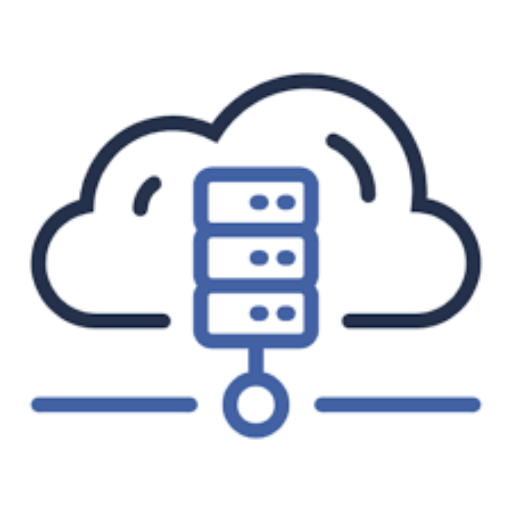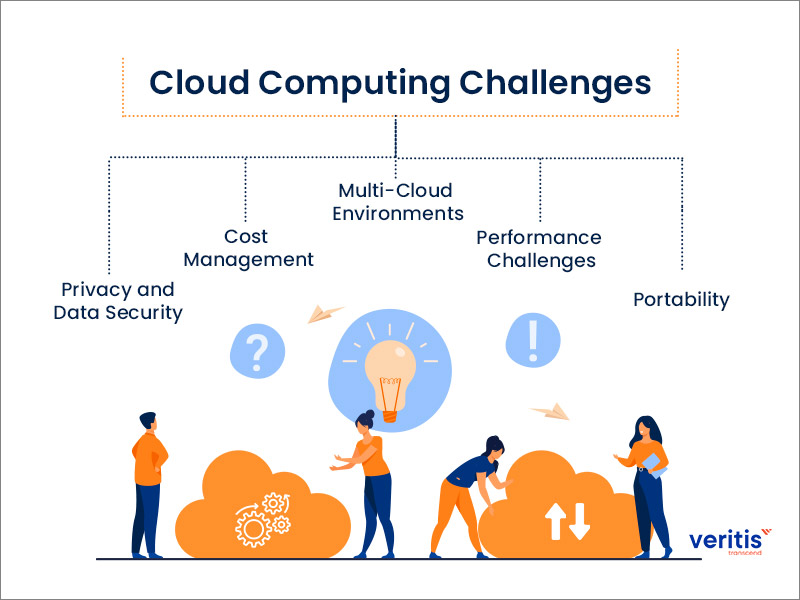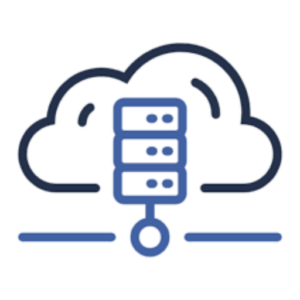
Cloud Computing and Data Analytics: Driving Business Intelligence
Advertisment
Cloud computing and data analytics are revolutionizing business intelligence (BI) by providing powerful tools that help companies make data-driven decisions, optimize operations, and gain a competitive edge. Here’s how these technologies are transforming business intelligence:
- Scalability and Flexibility
Cloud computing allows businesses to scale their data storage and processing needs with ease. Companies can adjust resources based on demand without the high costs of physical infrastructure, ensuring that BI capabilities grow with the business.
- Real-Time Data Processing
Cloud platforms enable real-time data processing, allowing businesses to analyze and respond to data instantly. This empowers organizations to make quick, informed decisions, whether tracking customer behavior or monitoring operational performance.
- Cost Efficiency
Cloud-based data analytics eliminates the need for costly hardware, offering a pay-as-you-go model. Businesses only pay for the resources they use, making cloud computing an affordable solution for enterprises of all sizes.
- Advanced Analytics Tools
Cloud platforms provide access to AI, machine learning, and big data processing tools. These technologies allow businesses to uncover deep insights, predict trends, and automate data analysis, driving better decision-making and operational efficiency.
Advertisment
- Enhanced Collaboration
Cloud-based analytics enable teams to collaborate in real-time, regardless of location. This facilitates better decision-making, as employees can share insights and work on data simultaneously, improving organizational efficiency.
- Data Security and Compliance
Cloud providers offer robust security features, such as encryption and compliance with regulations like GDPR and HIPAA, ensuring that sensitive data remains protected and business operations continue securely.
- Unified Data Integration
Cloud computing simplifies the integration of data from multiple sources, providing businesses with a unified view of operations. This integrated data allows for more comprehensive insights, supporting better overall decision-making.
- Innovation and Competitive Edge
Cloud computing enables rapid experimentation with new tools and techniques, fostering innovation. With cloud-powered analytics, businesses can adapt to market changes, optimize processes, and develop new products or services faster, giving them a competitive advantage.
Conclusion
Cloud computing and data analytics are transforming business intelligence by providing scalable, cost-effective, and innovative solutions. These technologies enable real-time insights, secure data management, and collaboration, empowering businesses to make smarter, data-driven decisions and stay competitive in the evolving marketplace.
Advertisment












Post Comment